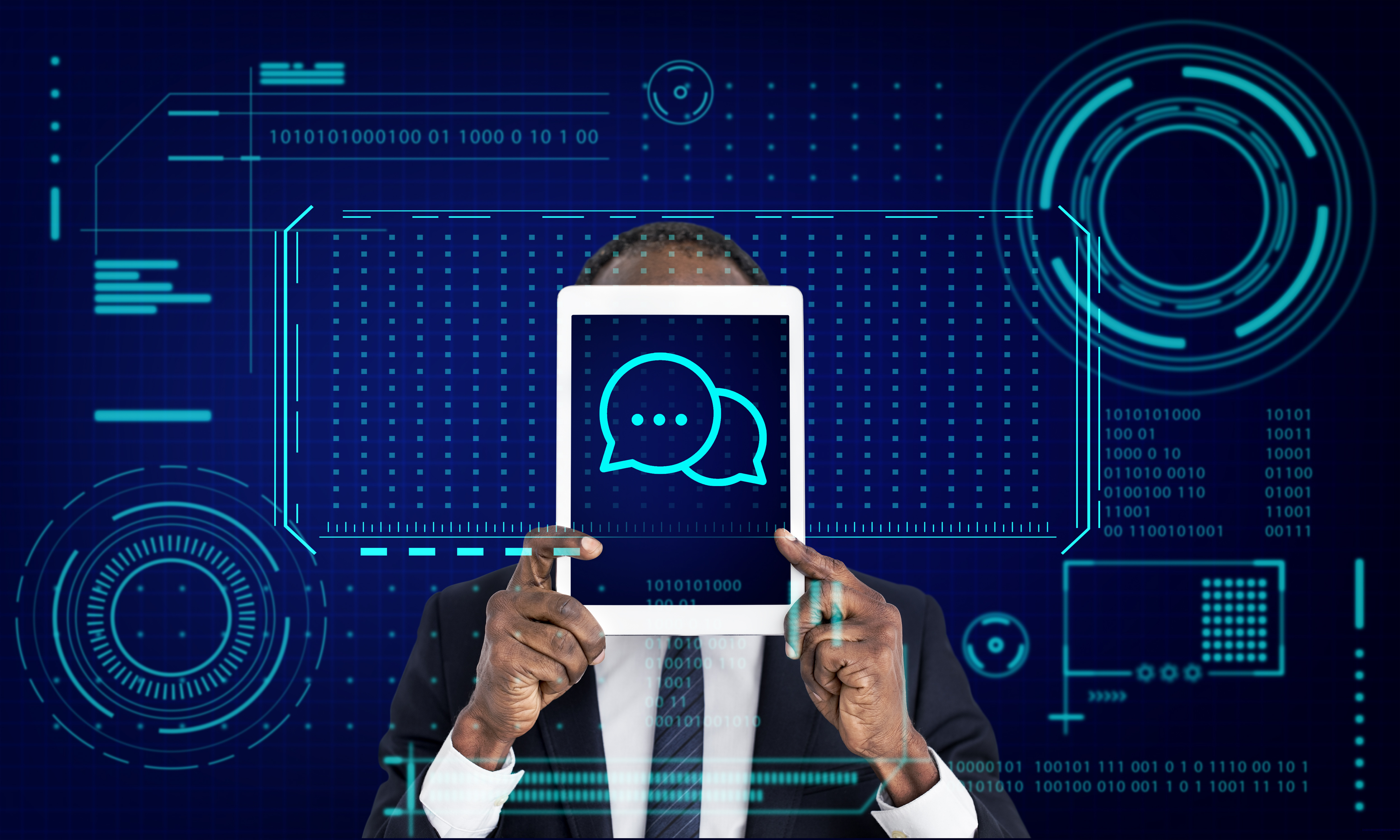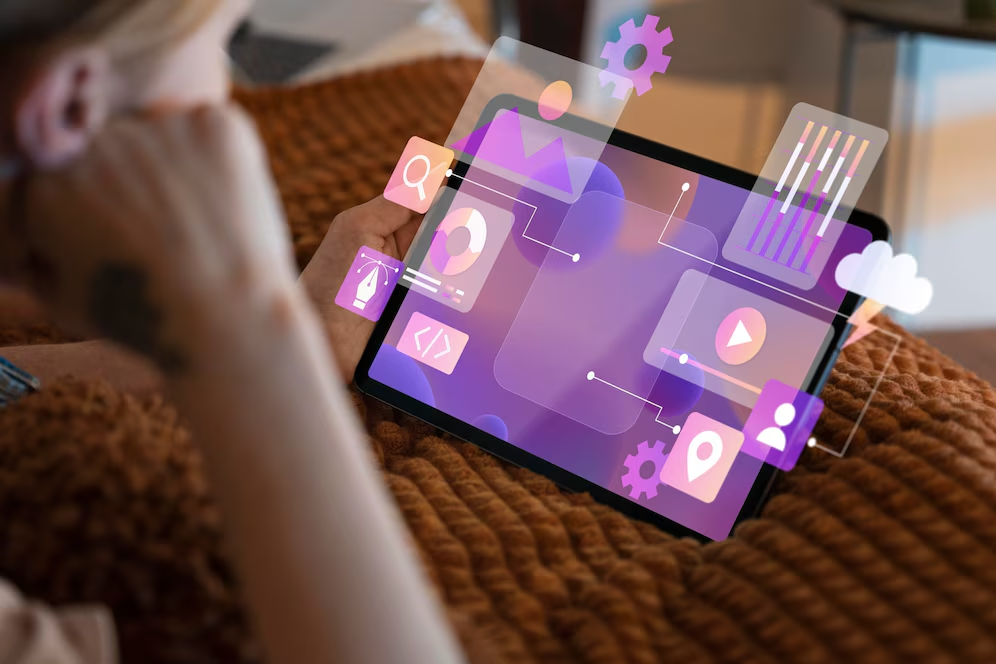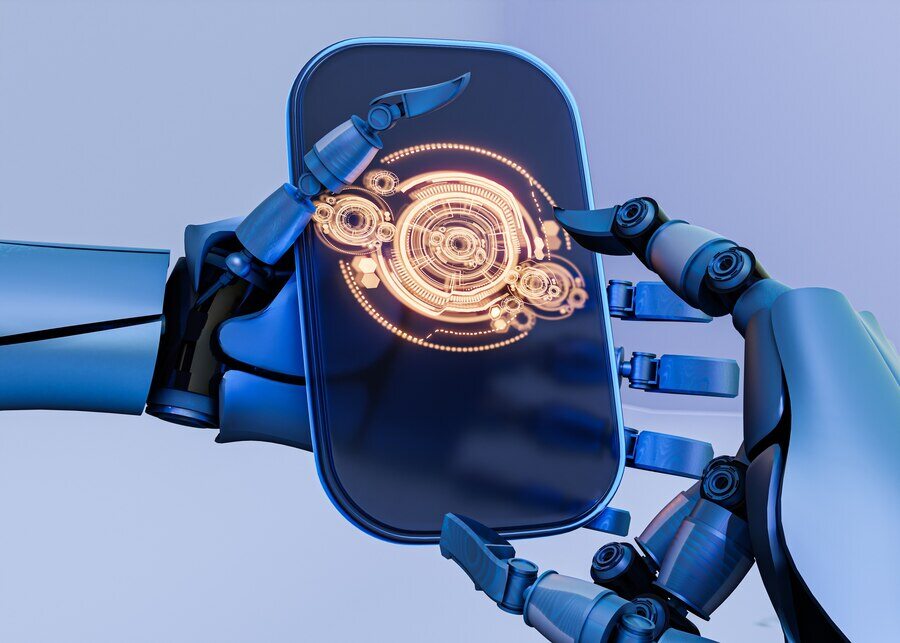- Conversational AI
As artificial intelligence (AI) and automation continue to reshape industries, HR departments are increasingly adopting chatbots to streamline their processes. These AI-driven tools are revolutionizing HR functions by automating tasks like recruitment, onboarding, employee engagement, and answering routine queries. In fact, 75% of HR leaders are either actively exploring or already utilizing AI-based solutions, including chatbots, to boost efficiency and reduce administrative workloads in 2024. This growing trend prompts the question: Are chatbots the future of HR? It seems that the answer is increasingly pointing to "yes," as chatbots play an important role in transforming how HR teams operate and engage with employees.
The Growing Role of HR Chatbots in 2024
The reliance on chatbots for HR functions is rapidly increasing as organizations recognize the efficiency and cost-saving benefits they offer. In 2024, 13% of HR teams have already integrated chatbots into their operations, highlighting the shift toward automating routine tasks like recruitment, onboarding, and employee support. Additionally, 92% of HR departments acknowledge the value of chatbots in guiding employees through common HR queries and processes. This data underscores the growing momentum behind AI in HR, leading many to ask: Are chatbots the future of HR? With their ability to handle large-scale interactions and streamline workflows, chatbots are certainly shaping the future of HR, enhancing productivity while reducing administrative burdens.
How Chatbots Improve HR Processes
As companies increasingly adopt AI-powered tools, chatbots have emerged as a key solution for improving HR processes by automating repetitive tasks and enhancing employee interactions. Gartner reports that 45.1% of HR leaders say their teams spend over half their time on administrative tasks, with recruitment being one of the most time-consuming functions (Spotsaas). Chatbots are proving to be effective in reducing this burden, from candidate screening to employee engagement. Here’s how chatbots are transforming specific HR processes:
- Recruitment and Screening: Companies like McDonald’s have achieved remarkable results by integrating chatbots into their hiring processes. By using chatbots to manage candidate interactions, schedule interviews, and gather feedback, McDonald’s cut its hiring time by 60% (Master of Code Global). In addition, chatbots can help reduce unconscious bias in candidate screening through equitable interview analytics, ensuring a fairer recruitment process.
- Onboarding and Employee Support: Automating the onboarding process with chatbots has led to significant improvements in employee retention. Companies leveraging chatbots for onboarding have seen up to 82% higher retention rates, as these tools help new employees navigate HR procedures and provide instant support for their questions (Master of Code Global).
- Employee Engagement and Feedback: Chatbots are also enhancing employee engagement by collecting real-time data and conducting pulse surveys. With continuous feedback and timely reminders, chatbots can boost engagement by 45%, ensuring that employees feel heard and valued throughout their journey (Employee AI Service Desk).
This increasing reliance on chatbots in HR demonstrates their potential in transforming how businesses manage their workforce, further emphasizing the question: Are chatbots the future of HR?
Benefits of Chatbots in HR
- Time Savings: Chatbots automate repetitive tasks like answering FAQs, allowing HR teams to focus on more strategic work.
- 24/7 Availability: Chatbots provide round-the-clock support, ensuring employees can get answers to their HR-related queries at any time.
- Improved Candidate Experience: By automating tasks like interview scheduling and initial screenings, chatbots enhance the recruitment process, providing faster responses and a smoother experience for candidates.
- Cost Efficiency: Automating HR processes reduces the need for manual intervention, cutting down operational costs and improving overall efficiency.
- Personalization: Chatbots can offer personalized recommendations and responses based on employee data, enhancing engagement and satisfaction.
- Reduction of Bias: AI-powered chatbots help reduce unconscious bias during the hiring process through equitable screening and data-driven decisions.

.png?width=50&height=50&name=Team%20HONO%20logo-01%20(1).png)


